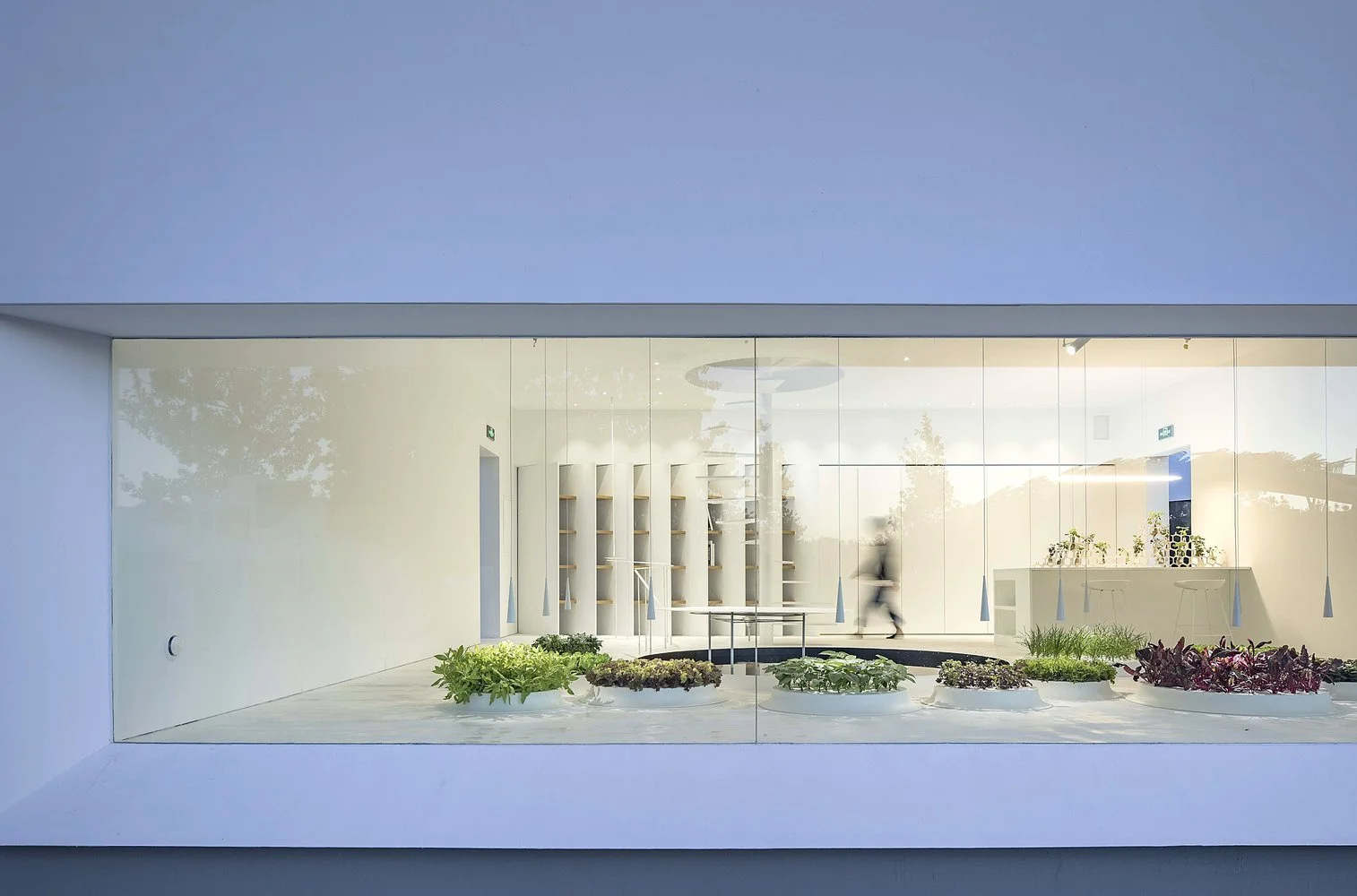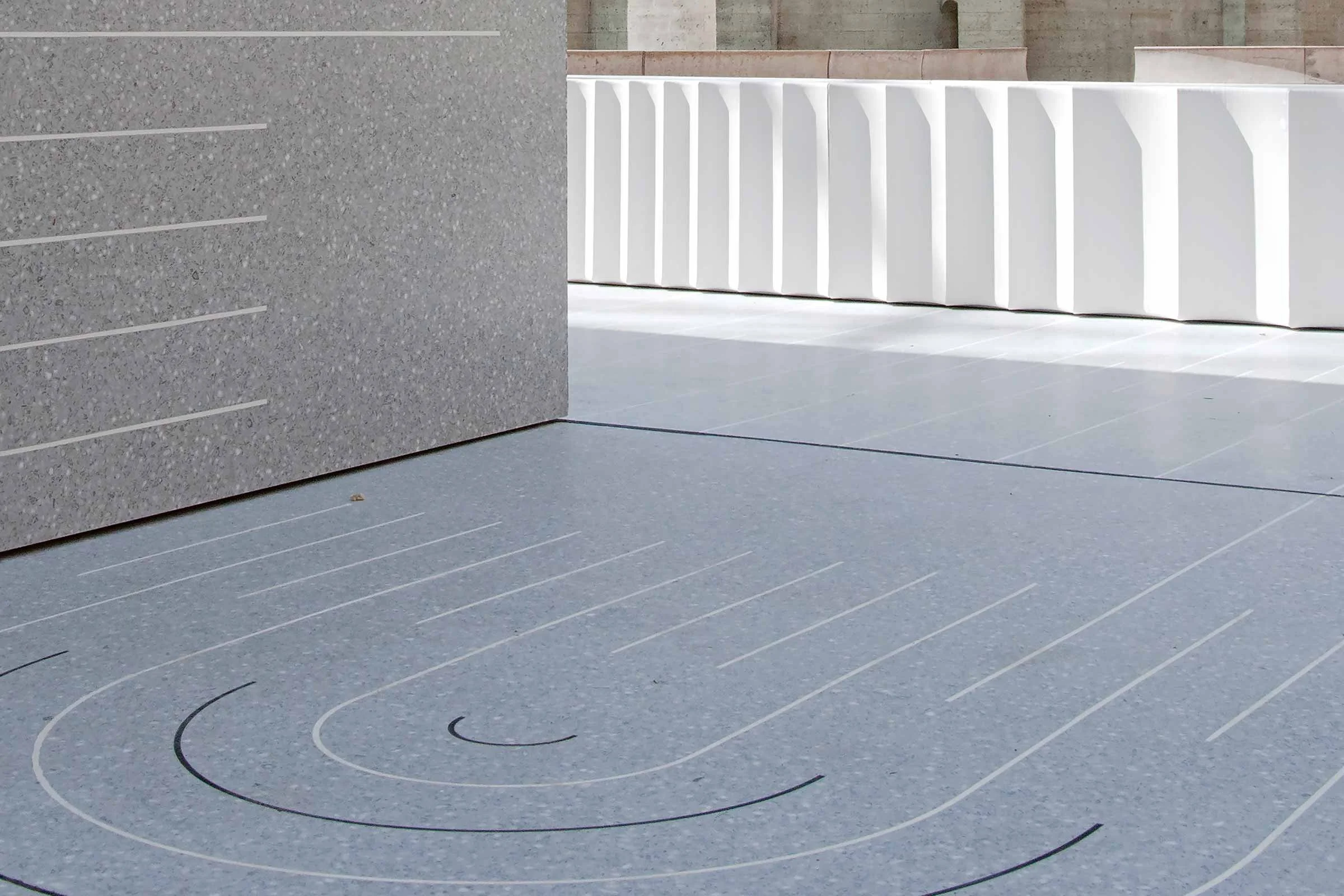P R O L E A R N
Self-Sustainability refers to the practice of living in a way that minimises dependence on external resources and systems, focusing instead on self-reliance and harmony with nature. It encompasses a range of practices from food production to energy generation, aiming to create a more resilient and environmentally conscious lifestyle.
Key Principles
Resource Independence: Generating or sourcing essential needs locally.
Minimalism: Focusing on necessities rather than excess consumption.
Circular Living: Minimising waste and maximising resource efficiency.
Nature Connection: Aligning lifestyle choices with natural systems and cycles.
Benefits
Environmental Impact: Self-sustainable practices can reduce an individual's carbon footprint by up to 50%.
Economic Resilience: Reduced dependence on external systems can provide financial stability during economic fluctuations.
Personal Fulfilment: Many practitioners report increased life satisfaction and sense of purpose.
Challenges and Considerations
Initial Investment: Setting up self-sustainable systems often requires significant upfront costs.
Knowledge and Skills: Requires learning a diverse set of skills from gardening to energy management.
Social Integration: Balancing self-sustainability with community engagement and societal norms.
Innovative Applications
Off-Grid Living: Homes that generate their own power, process waste, and collect water.
Permaculture Design: Integrating food production with natural ecosystems in home landscapes.
Upcycling: Creating useful items from waste materials, reducing consumption of new goods.
Future Outlook
As environmental concerns grow and technology advances, we can expect to see more mainstream adoption of self-sustainable practices. Innovations in renewable energy, water conservation, and urban agriculture may make self-sustainability more accessible in various living situations.
Call to Action:
Evaluate your current lifestyle for opportunities to incorporate self-sustainable practices. Consider starting with small steps like growing some of your own food or reducing energy consumption, and gradually expand your self-reliance over time.










